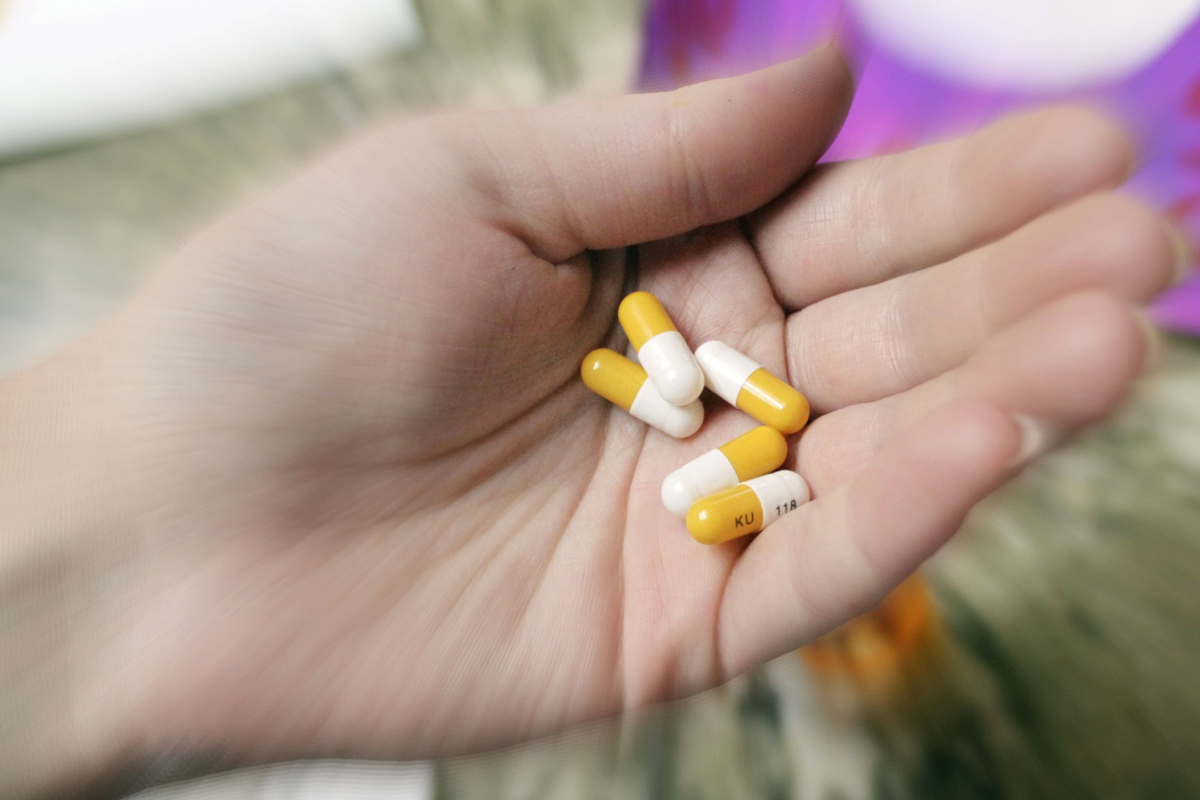CAPS offers help to students affected by impulsive behavior
More than 2 million people were brought into emergency rooms in the U.S. in 2010 because of drug abuse. Binge eating affected more than 5 million people. Americans spend more than $13 billion a year on various forms of pornography.
These are just a few statistics from the USU Health and Wellness Center that demonstrate the impact human impulses have on individuals. Chris Chapman, a psychology resident at Utah State, is conducting a seminar through Counseling and Psychological Services (CAPS) on April 4 in TSC Room 310B from 9:30-11 a.m. on behaving consciously and controlling impulses.
“When people get into addictive cycles or behaviors, they stop becoming conscious, they just do them automatically,” he said. “We want to help students get things under control, whether it’s drugs or alcohol, eating disorders, pornography or anything they feel is unhealthy.”
Chapman describes the impulses as “necessary,” and said without them, people wouldn’t feel the need to procreate, eat, exercise and destress their lives. However, dependence often takes the impulse too far, and an addiction may form.
Jesse Crosby, a doctoral student in clinical psychology, has spent his years at Utah State researching these psychological problems, as well as treatments for them, with psychology professor Michael Twohig. He said when following an impulse, it’s something done without thinking of the consequences. The immediate rewards are positive, but the long term consequences are negative. There is a difference between an impulse and a behavior.
“People try and stop the impulses, but that is impossible – all you can do is control the way you react to them. Just because you have an impulse it doesn’t mean you have to respond to it,” he said.
The seminar will cover a variety of topics such as alcohol/drug abuse, pornography, overeating and overexercising, sex and procrastination.
“People start excessively drinking or using drugs, sometimes because of genetics, but mostly because there are few things as immediately effective as these substances,” Chapman said. “Your brain chemistry changes immediately at the intake of them, so it’s very self-soothing, but it causes a lot of problems in the long term.”
Crosby said impulses aren’t good or bad on their own. The severity of the problem depends on how dangerous the respective consequences are for a person.
“It is unhealthy if you follow the impulse for the wrong reasons, like with exercise, you can either exercise for health or because of an obsession with appearance,” he said.
Chapman said 100 percent of the population of the world deals with some sort of basic gut-level hunger or drive.
Matt Whiteside, a sophomore in creative writing, first realized he had created an addiction to alcohol when he felt the urge to drink “just to get drunk,” and to suppress mental stress temporarily.
He said, “Now, when I feel like drinking, I just think about what a mess I’ve made of everything since I started and the urge goes away. I also try to stay busy with other stuff so I don’t have as much time to sit and think about how badly I want to satisfy that need.”
Chapman said the best solution to any problem is mindfulness. People need to learn to slow down and recognize triggers, instead of just reacting. He recommends meditation– where you consciously notice the thoughts, and feelings going on in any present moment in the body. Most of the mentally and physically unhealthy behaviors stem from people getting caught up in the moment and reacting immediately instead of sitting back and being an observer of an experience.
Jessica Cale, a sophomore in creative writing and psychology, said, “Something I’ve learned is that you can’t just eliminate a bad habit you’ve created. You need to replace it with a good thing – fill the void.”
Crosby said a good way to avoid harsh consequences to rash action is to keep behaviors connected to the long term outcomes.
Twohig said, “In our seminars we talk about how easy and normal it is to get caught up in things like alcohol and pornography and eating disorders. Negative feelings like shame can only perpetuate the problem because it’s a lot of work to have behavioral control. You have to re-wire your brain, and when people are dealing with those emotions, it’s hard to make them feel like putting in the work.”
He also said people have different coping skills. When you’re overcoming an addiction, it’s important to look at your own values and goals in life, and not let society influence that.
“People need to figure out what they are motivated by. It helps a lot to have community and support from others – it’s always best to fill the void with friendships, relationships or a hunger to learn new things,” Twohig said.
He said it’s proven that it takes 21 days to form a new habit, whether healthy or unhealthy.
Utah State has an anxiety specialty clinic, which is open to students at any time. Twohig conducts research projects at the university, and he seeks students out who are struggling with any sort of irrational behavior.
– kmarshall222@gmail.com

